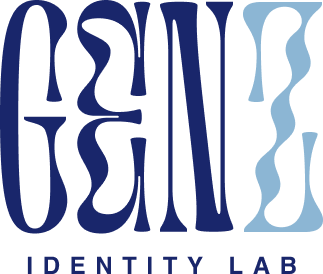Characteristics of past generations may offer some insight into a student’s propensity to accept Artificial Intelligence (AI). Each generation shares experiences during its formative years that influence the group’s views. Generation Z — those born between 1995 and 2015 — are the most technology-accepting generation yet. Gen Z simply hasn’t experienced life without the Internet. Almost half of Gen Z is connected to the internet for at least 10 hours a day. Instagram, YouTube, and Snapchat are their most popular social media outlets. Therefore, we might not only embrace AI but also expect it in the college classroom. Millennials represent those born between 1981 and 1996. They have been the focus of attention for over a decade, but now must make way for Gen-Zers who are quickly making a name for themselves. Moreover, technology is shaping Gen Z’s view of the world and the classroom. From a very early age, this group became connected through mobile devices and have slowly learned to thrive in this digital era.
Higher Education
Recently, higher education has been under attack from those who doubt whether college degrees are necessary for a successful career. According to Pew Research, however, most Americans still see value in higher education. This is evident as enrollment in colleges and universities continues to rise steadily even though Gallup and other polling research have found that confidence in higher education has declined. Gen-Z has already started entering colleges and making their mark known. We see higher education as a place to develop practical skills for their careers and life. Being very future-focused, we seek colleges and universities that offer career preparation courses and services. In general, we are quick to disengage if we do not see relevance. According to a Harris Poll, the goal of 65% of Gen-Zers is to make it to the top of their profession and college is an important step in this direction.
Generation Z Expects Technology
According to Pearson Education, Gen Z does not see technology as transformative and revolutionary in education. Instead, technology is taken for granted. In addition, Gen Z does not lose sight of the role of the professor. We see the professor as an important factor in the student’s education and career development. In fact, many Gen-Zers prefer teacher-led instruction. However, this is not to be confused with classroom lectures. Formal lectures will often lose the student. Gen Z expects more hands-on learning experiences such as interactive apps and games. Gen-Z students feel connected to each other even if only through technology. We see this as a benefit connecting them to a diverse group of learners. And we like to share their experiences through such apps as Instagram, Snapchat and YouTube.
Gen Z and Artificial Intelligence
To encourage learning, activities must be rooted in what students already know. Meeting the needs of Generation Z makes a strong case for expanding AI into the classroom. We crave and thrive in technology-enhanced learning mechanisms. AI meets students within the culture they know, a technology and information-rich culture. Gen Z wants to see technology adapted into the classroom instead of being banned. We prefer more self-directed or independent learning. Initially, AI can be used to support establishing student learning goals and objectives by developing individualized learning strategies. The use of an “AI tutor” can gauge progress and modify content and activities based on individual progress. While we value the professor as a mentor, we are easily distracted, according to Tim Elmore the president of Growing Leaders. Therefore, the traditional classroom is a challenge for Gen-Zers.
Moreover, Generation Z expects to be connected all the time. The role of the professor is enhanced through AI by providing flexible activities through a media-rich environment not limited to a specific time and space. AI is dependent on user ability. Previous generations, while open to technology, were burdened by learning new applications while also learning subject content. Gen-Zers, however, grew up learning the computer world and are quick to embrace and enjoy the challenge that new apps present. We also prefer sharing videos and learning from Youtube: a popular platform for passionate creators to share their ideas.
Overall…
AI critics claim that technology is dehumanizing and discourages human interaction. Gen Z does not see a dehumanizing influence. Contrastingly, Gen-Zers began connecting through technology at a young age. We like sharing experiences and information through the networks we create. Social media’s impact is simply unprecedented. Gen Z, especially males, see gaming as an important part of their identity. We enjoy interactive games that require them to make choices. The use of the AI tutor enhances the gaming experience by motivating students. AI has without a doubt changed the lives of both Gen Z and millennials ; as we progress further into the future it will be truly exciting to see what the next generation of innovators have in store for us.


